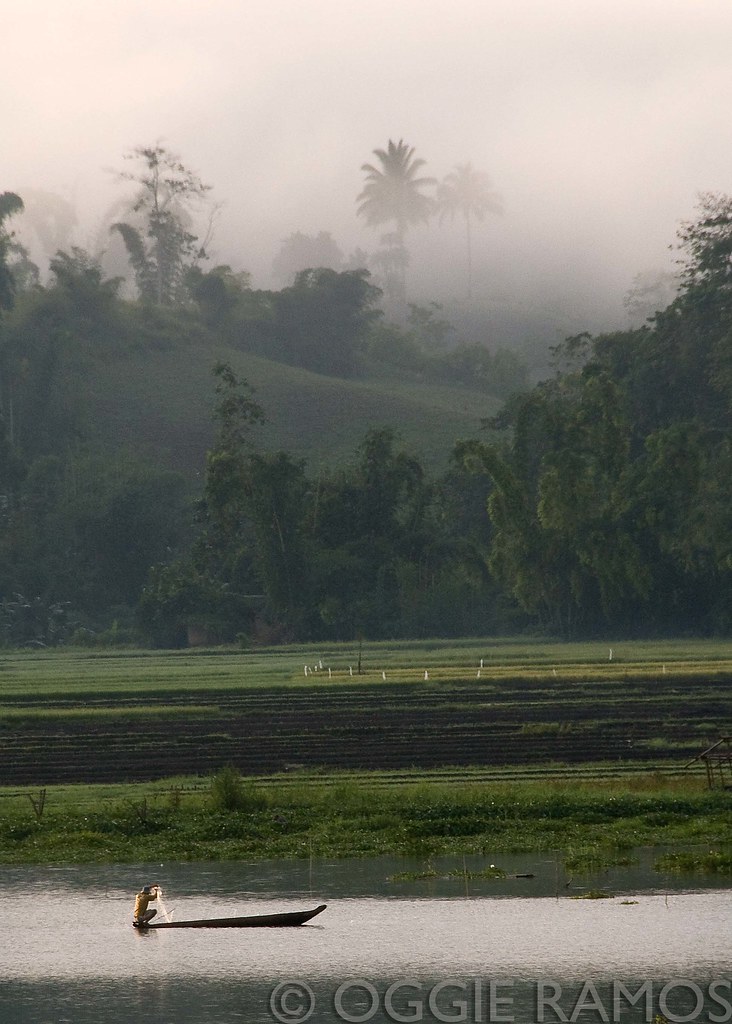 |
| Lake Seloton Foggy Morning Fishing |
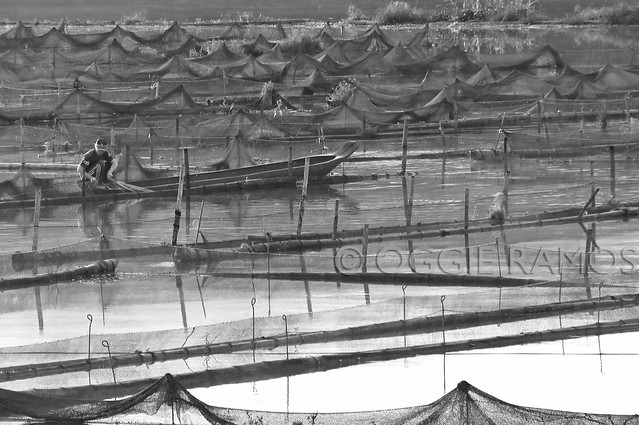 |
| At least 26 hectares of the 75-ha Lake Seloton are dotted with tilapia cages |
Before long, the lakes are alive with people in transit -- students in their uniforms, housewives carrying supplies, men on their way to work -- using the waterways as we cityslickers would traverse concrete roads. Inland, the incessant chirping of birds is disturbed only by the occasional passing of motorcycles, the rather loud blare of a not so distant karaoke and the chatter of locals. As it turns out, a growing number of "locals" here are not really locals in the strict sense of the word but rather transplants from the lowlands.
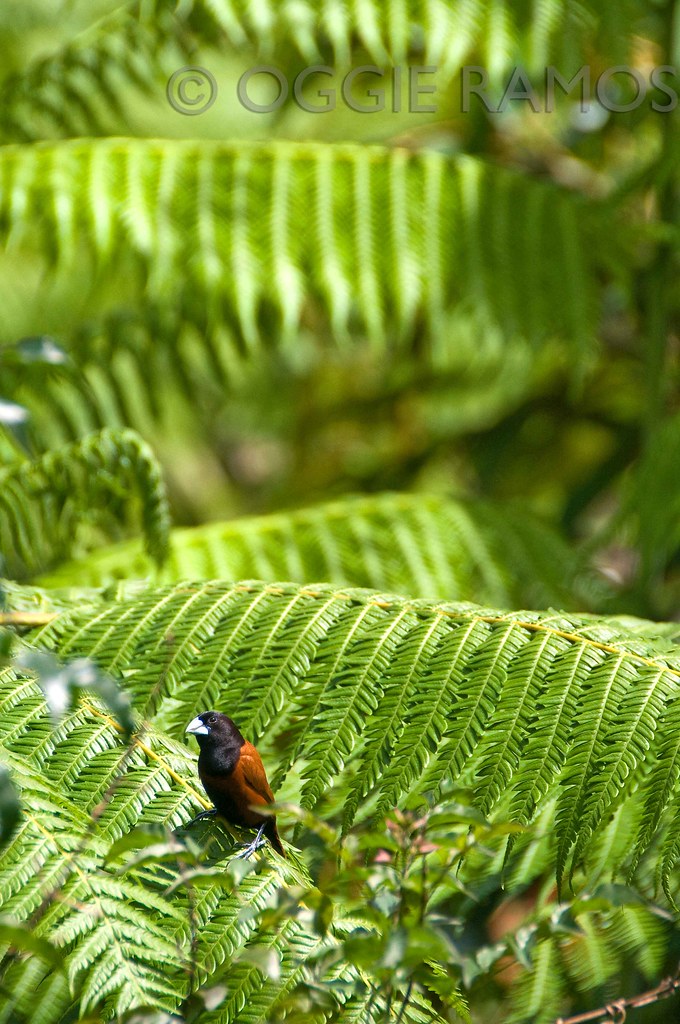 |
| Cool Lake Sebu mornings are blessed with the incessant chirping of birds |
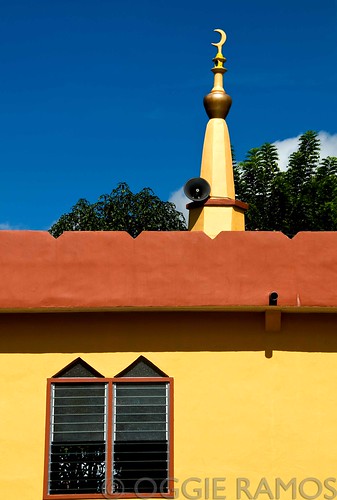 |
| Mosque near the poblacion |
As with any place that hopes to attract more visitors, there are struggles with giving in to development as well as concessions being made -- the construction of an unsightly clubhouse near Falls One; the plans of adding a cable car to the zipline overlooking five of the seven falls; the proposal to add a rock climbing facility on Falls Two. The list goes on.
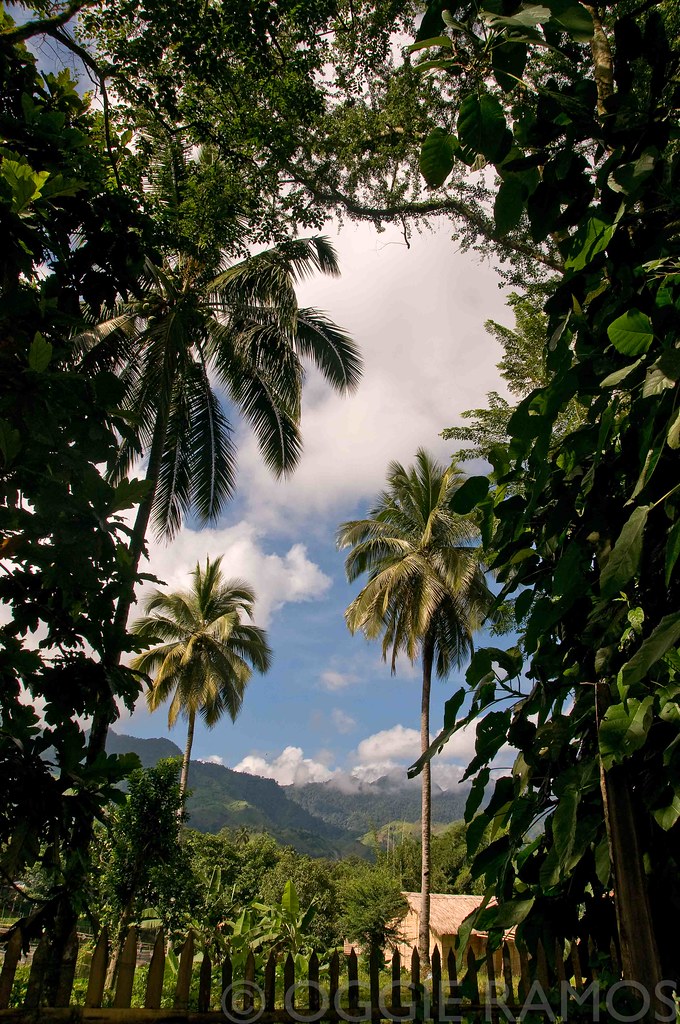 |
| An invigorating roadside view of the distant mountains framed by palm trees |
Local tribesmen consider Lake Sebu as nothing short of miraculous, never drying up even with the comings and goings of droughts and El Niño -- an important thing to consider especially since it is a vital water source for (drinking water and irrigation) both South Cotabato and Sultan Kudarat. I hope and pray that even with the increasing onslaught of tourism and outside influences, the idyllic, eden-like nature of the lake along with the purity of T'boli traditions will not dry up as well.
Attribution: Philippine National Statistical Coordination Board
Recommended reading: "Losing Paradise" by Luis Francia, PDI, 2008
Recommended reading: "Losing Paradise" by Luis Francia, PDI, 2008
Read my other 2010 Lake Sebu posts:
• Zipping through five falls in (about) 60 seconds
• Meeting the master dreamweaver
• Reflections on a journey back to the land of lakes, falls and dreamweavers
